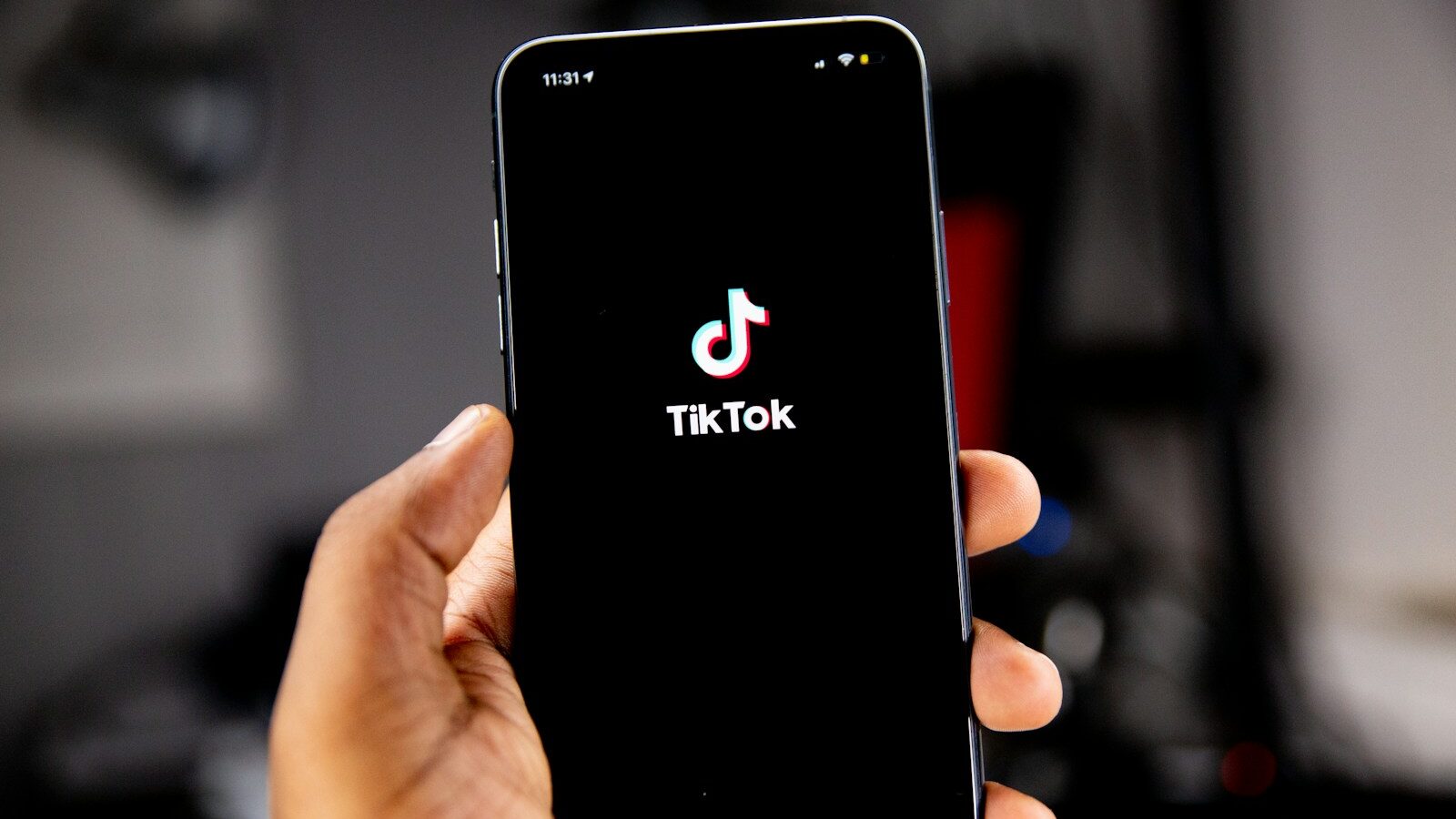Amid a pandemic, no organisation wants to be remembered for the wrong things they’ve said or done during people’s true time of need. More than ever before, the world has required brands to be authentic, empathetic, and human in their communications.
Marketing departments have been challenged to strike the right balance between optimism and humility – while keeping stakeholders informed about the latest developments. And, any long-term plans have typically had to be adapted significantly to ensure that organisations maintain a consistent and appropriate tone of voice.
But how can businesses now strike the right chord as the global economy continues in its quest for ‘normality’? These are the key points to remember.
Be authentic in the face of a crisis
Honesty, empathy, and trust are all intrinsic elements for an organisation – possessing all these factors can help set it apart from competitors. With physical connections being removed because of COVID-19, enterprises have been forced to connect with customers in different ways.
For marketers and ‘brand champions’, this has revolved around being ‘human’ and underlining how they understand their audience. Empathising with challenges that everybody continues to face is critical when cutting through the vast online noise and shows that the brand truly cares.
Consumer behaviour has changed because of COVID-19 and has therefore tasked organisations to meet rapidly evolving demands, in real-time, and diversify their offering where necessary. Responsive comms have been vital for supermarket brands in particular when it’s come to curbing panic-buyers, introducing social distancing measures and urging calm when queuing.
The new wave of honest messaging typically resonates more with customers and, as a result, increases brand loyalty – during a time when it’s often scarce. These emotional, authentic connections will continue to play a vital role for marketers.
Implementing stakeholder centricity to venture beyond the pandemic
COVID-19 will certainly change the consumer landscape forever. Company playbooks won’t look the same, as personas, messaging, and even an organisation’s product strategy will likely evolve to cope with ever-changing demands and new ways of working.
Brands can no longer simply say they care about customer experience, they must show how they do this – starting from within. Providing strong, timely and honest internal comms can achieve that all-important employee buy-in and enable workforces to see the bigger picture – motivating them to strive for better outcomes.
If they fail to do so, consumers will be less forgiving. They’ve become acutely aware of the horror stories from businesses that have not supported their staff during the crisis. For many shoppers, this has made them think twice about spending their hard-earned cash with a brand they don’t believe in – or trust that it’s doing things in the right way.
A purpose-driven ethos should be the embodiment of a company’s vision. It must encourage customers to relate to its story and encourage them to form an online community of brand advocates who support the enterprise’s values for years to come.
Doubling down on customer engagement, tapping into social listening tools, and creating content that reflects brand credibility can all help businesses to move beyond a global crisis – and keep their employees and customers firmly in their corners.
Maintaining a strong sense of culture and values
Having a robust but agile comms strategy in place is vital for organisations that are focused on enhancing employee engagement.
In the ‘new world’, messages encouraging a flexible, more autonomous culture – that comes complete with a flatter hierarchy – must be effectively translated across the firm’s internal landscape. Marketers have a huge role to play here because their creative mix of brand engagement and vision will help to drive the company ethos cross-departmentally as they educate, inspire, and motivate.
Modern-day employees are working in environments they may have perhaps never been used to before so it’s vital to keep communicating and collaborating – regardless of where they’re based – to maintain strong relationships.
According to Gartner, its April 2020 survey revealed that, post-pandemic, 41% of employees are likely to operate in a hybrid infrastructure – mixing remote working with office time. That’s where a high level of employee engagement proves to be pivotal in defining a business’ success, which can – according to Gallup – make organisations 21% more profitable.
Focusing on an agile approach throughout
As consumer behaviour continues to change, marketers need to not only adjust, review and switch direction, they must be adaptable to jump on news trends, analyse insights, and ensure they’re reacting to of-the-moment customer demands. Creativity is key to all this and adopting an omnichannel experience can prove to be essential when communicating with stakeholders, via their preferred mediums.
Post-pandemic, marketing departments and their organisations should be living and breathing their core values as audience expectations and emotions remain high. Organisations that are relatable, honest, and authentic mustn’t be afraid to continue to showcase these qualities.
Producing real, open, and consistent comms can help to provide a truly solid foundation that enterprises can build upon – creating a stronger future for company culture, customer loyalty, and commercial success.




